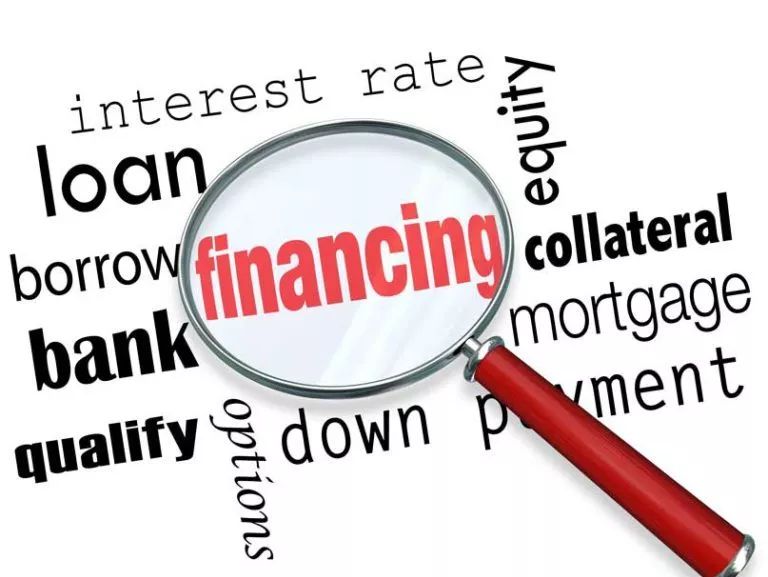What’s a Home Equity Loan: Unlocking Your Home’s Financial Potential
When it comes to financing options, homeowners often overlook the potential of their greatest asset: their home. A home equity loan can serve as a powerful……
When it comes to financing options, homeowners often overlook the potential of their greatest asset: their home. A home equity loan can serve as a powerful financial tool, allowing homeowners to tap into the value of their property for various needs. But what exactly is a home equity loan, and how can it benefit you? In this comprehensive guide, we will explore the ins and outs of home equity loans, including their benefits, risks, and how to determine if they are the right choice for your financial situation.
### Understanding Home Equity
Before diving into home equity loans, it’s essential to understand what home equity is. Home equity is the portion of your home that you truly own, calculated as the current market value of your home minus any outstanding mortgage balances. For instance, if your home is worth $300,000 and you owe $200,000 on your mortgage, your home equity is $100,000. This equity can grow over time as you pay down your mortgage or as your home's value increases.
### What’s a Home Equity Loan?
A home equity loan, often referred to as a second mortgage, allows homeowners to borrow against their home equity. This type of loan provides a lump sum of money that you can use for various purposes, such as home improvements, debt consolidation, education expenses, or even funding a major purchase. Home equity loans typically come with fixed interest rates and a set repayment schedule, making them a predictable borrowing option.
### Benefits of Home Equity Loans
1. **Lower Interest Rates**: Compared to unsecured loans or credit cards, home equity loans generally offer lower interest rates because they are secured by your home. This can lead to significant savings over time.

2. **Tax Deductibility**: In some cases, the interest paid on a home equity loan may be tax-deductible, making it an attractive option for homeowners looking to reduce their tax burden. However, it’s essential to consult a tax professional to understand the specific implications for your situation.
3. **Flexible Use of Funds**: Home equity loans can be used for a wide range of purposes, from home renovations to consolidating high-interest debt. This flexibility allows you to tailor the loan to meet your financial needs.
4. **Fixed Payments**: With a home equity loan, you typically have a fixed interest rate, which means your monthly payments remain consistent throughout the loan term. This predictability can make budgeting easier.
### Risks of Home Equity Loans
While home equity loans offer numerous advantages, they also come with risks that homeowners should consider:
1. **Potential for Foreclosure**: Since your home serves as collateral, failing to repay the loan can result in foreclosure. It’s crucial to ensure you can manage the additional debt before proceeding.

2. **Fees and Closing Costs**: Home equity loans may come with various fees, including closing costs, appraisal fees, and origination fees. These costs can add up, so it’s essential to factor them into your decision.
3. **Market Fluctuations**: If the value of your home decreases, you may find yourself owing more than your home is worth, a situation known as being "underwater." This can limit your options if you need to sell or refinance in the future.
### How to Determine if a Home Equity Loan is Right for You
Before applying for a home equity loan, consider the following questions:
- **What are your financial goals?** Are you looking to fund a specific project, consolidate debt, or cover unexpected expenses? Understanding your goals can help you determine if a home equity loan is the right choice.
- **Can you afford the payments?** Analyze your current financial situation to ensure you can comfortably manage the additional monthly payments.

- **Have you compared options?** Shop around for the best rates and terms. Different lenders may offer varying interest rates and fees, so it’s wise to compare offers.
### Conclusion
In summary, a home equity loan can be a valuable financial resource for homeowners looking to leverage their property’s value. By understanding what a home equity loan is, its benefits and risks, and how to evaluate your financial situation, you can make an informed decision that aligns with your goals. Always consult with a financial advisor or mortgage professional to ensure you choose the best option for your unique circumstances. Unlocking your home’s financial potential could be just a loan away!